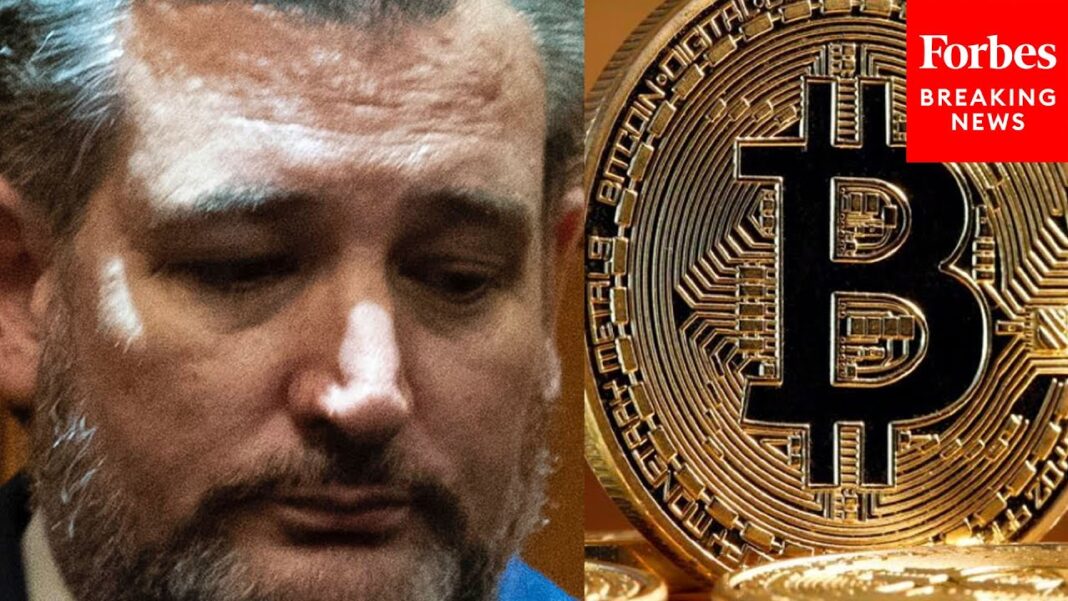
President Joe Biden wants half of all new cars and trucks sold by 2030 in the United States to be electric vehicles (EV), but the success of the program depends mainly on China, according to a national security expert.
“Unless the United States and its allies control more of the battery supply chain, the Biden administration’s ability to move towards its EV goals—and, for that matter, U.S. automakers’ ability to reach their EV goals, which are all pretty ambitious—will mean more dependence on China,” former White House deputy national security adviser for strategy Nadia Schadlow told The Epoch Times on Aug. 10.
“Encouraging EV adoption while we still rely on China for batteries risks granting Beijing a lot of leverage.”
Biden signed an executive order establishing the 50 percent EVs target during an Aug. 5 ceremony at the White House, with support from top executives from GM, Ford Motor Co., and Stellantis N.V., which owns Chrysler, Dodge, Jeep, and Ram.
Only 2.7 percent of U.S. vehicle sales in July were EVs, which require lithium-ion batteries to produce performance and range that are comparable to current cars and trucks powered by internal combustion engines using fossil fuels.
China controls 80 percent of the EV battery production process.
“Since China controls so much of the battery supply chain, couldn’t they choose to slow down or cut off supplies, if it were in the CCP’s interest?” asked Schadlow, who is now a senior fellow at the Hudson Institute. She served in the White House under President Donald Trump.
“Disruptions in technology supply chains can have major strategic implications. Look at how the slowdown in the microchip supply has had a ripple effect on the automotive industry.”
She was referring to the crippling effects of shortages in the past year of the computer microchips that control engine performance, airbags, and other vital functions in passenger cars and trucks. The shortages—which occurred for a variety of reasons—have cost automakers billions of dollars in lost sales and production.






